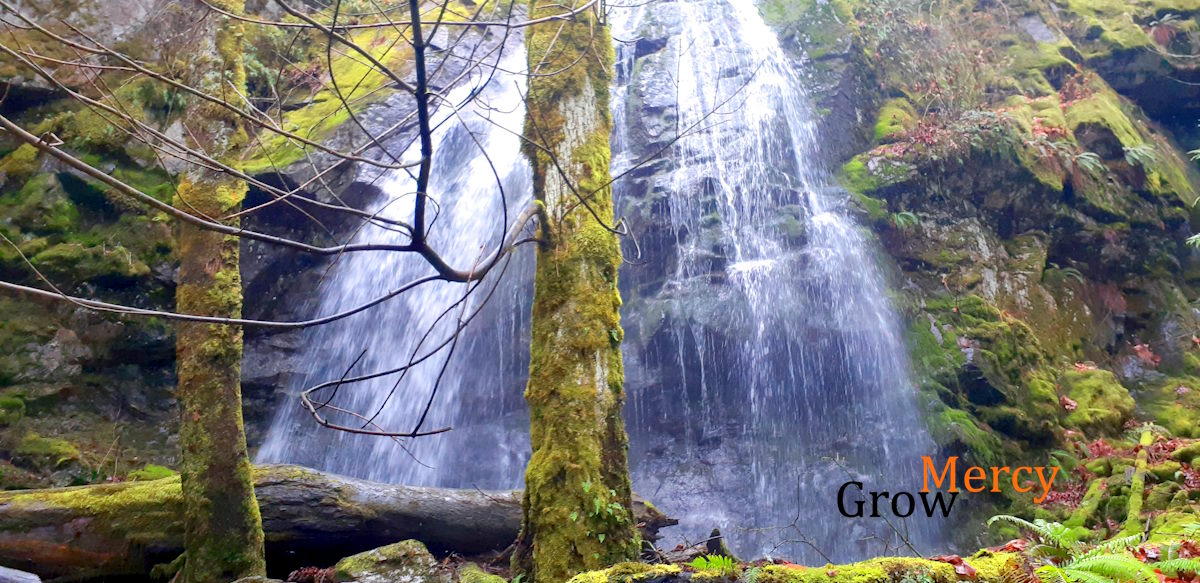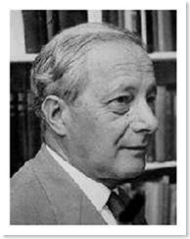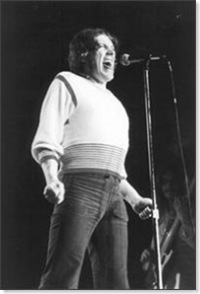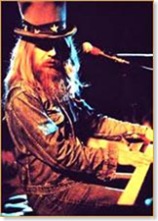In a discussion about truth on a Benedictine forum I’m on, it occurred to me that I can become quite dogmatic in my belief that access to ultimate truth is impossible; as dogmatic as some who hold to the accessibility of ultimate truth. The irony was not lost on me. In any case, in trying to explain my position just a bit more, I think I may be dismissed by both fundamentalists and liberal-liberals. As follows:
What I’ve needed to do is distance myself from the category “Ultimate Truth,” because when I lifted the cover I found that it was an “ideal,” an apotheosis, a non-such, and so in the end it didn’t touch me. In other words, I believe “Ultimate Truth” is disembodied truth. And the claimed possession of this category of truth is what lies inside every form of fundamentalism.
I held to this in a kind of half-conscious way through much of my early life until it got to me in a truly existential way–over several classes and coffees with a recalcitrant philosophy professor–that as a contingent being I could have no direct contact with the ultimate ground of Being, or rather, the transcendent ideal of all Perfection.
Subsequently, my heart’s attraction to St. Benedict was his earthy, fleshy, communal, faith. This, and his sign-off humility that if I find a better way, a practice that corresponds to reality more fully, and therefore holds more fruit, well, then, I should seek it out.
(Intermission: Upon exiting the show pavilion in the Muttart last weekend we were informed that all the multi-coloured poinsettia’s, with of course the exception of the red and white ones, were painted. So some silliness here. Is the statement: “This is a blue poinsettia,” true or false? )
To my mind it’s better to drop the adjective and simply talk about truth. Jesus never said, he was the “ultimate” truth, as if ultimate was somehow more “truthy” than regular truth.
When Jesus says he is the truth, he is making truth accessible. He is saying that truth is found, discovered, learned, in relationship, and specifically in a relationship with him, and therefore profoundly and mysteriously, in relationships with our neighbours.
He is saying–by virtue of relational not relative truth–that truth has a shape, has contours, and so may look different from different angles but that this doesn’t make it false. What’s more, he is saying that we will continually be lead into truth if we keep our ears open to the Spirit he sent. But that this truth is still always mediated truth. And, in this he is disassociating himself from the “Greek” or “Platonic” notion of truth–from where the idea of “Ultimate Truth” sprang.
“Ultimate Truth” is, again, not accessible because its claim is that it is beyond the personal. Which, unless one has received some kind of unmediated emanation, would make it the most untrustworthy sort of “truth.” (If “Ultimate Truth” was accessible, other people would not be required.)
Some years ago and someplace in here I had to hold up a mirror and see that my marching banner of “Ultimate Truth” was not only a phantom, it was also effacing and condescending and that it effectively relativized other truths and ways of understanding and so broke off any dialogue before it began. I had to recognize my own part in creating, if not hostility, a profound indifference to the Church and the Christian faith.




